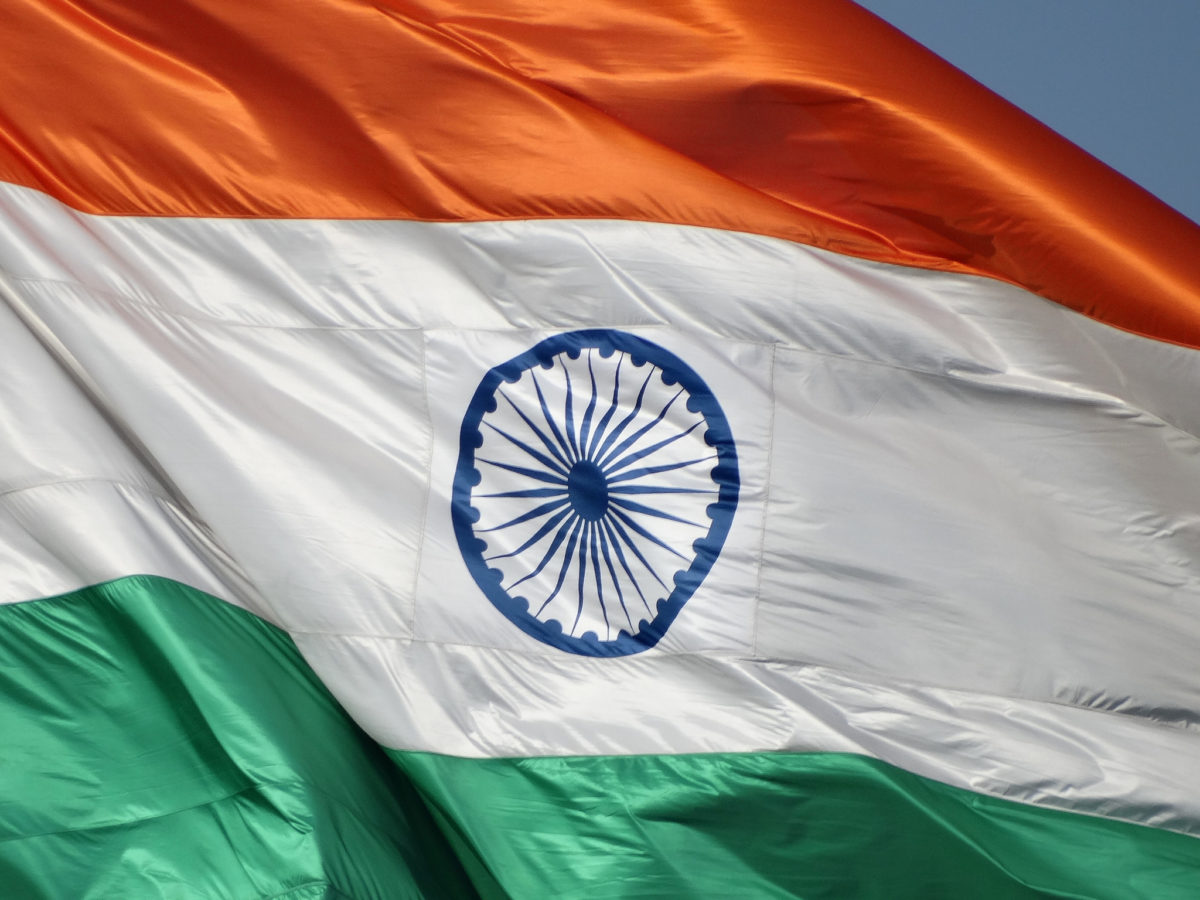Government thinktank NITI Aayog has sought Cabinet approval to a proposal that provides subsidies to investors setting up giga-scale manufacturing units for lithium-ion batteries used in electric vehicles. Once the proposal is approved, the Aayog will invite bids for setting up these gigafactories, aggregating to a capacity of 50 GWh, over a period of 10 years—according to daily newspaper Economic Times.
As a 10 GWh factory requires an investment of $1 billion, setting up a total of 50 GWh project capacity would cost as much as $5 billion (Rs 355 billion).
Minimum factory size is likely to be 5 GWh, which means a maximum of 10 manufacturers would be selected through a competitive bidding process to set up production units in India, reported ET.
Already approved by the finance ministry, the proposal of Rs 7 billion a year in subsidies to battery manufacturers, starting production from 2022, is part of an effort to push sales of electric vehicles (EVs) in the country, which have primarily been held back by their high initial cost due to use of imported batteries.
India currently imports almost all of its lithium-ion batteries. Most of the country’s work on li-ion batteries is still focused on R&D, and primarily at the central government level. In the private sector, meanwhile, companies are primarily building battery packs with lithium-ion cells imported from China.
The proposal comes after the union cabinet approved a Phased Manufacturing Program last year to support large-scale, export-competitive integrated batteries and cell-manufacturing giga plants in India, along with another program to localize production across the electric vehicles value chain. The two programs are intended to run until 2024.
To implement gigawatt-scale battery manufacturing, the programme’s focus is initially on large-scale module and pack assembly plants during the fiscal year 2019-20, followed by integrated cell manufacturing by 2021-22.
NITI Aayog has also come up with a policy framework for setting up gigafactories, which it plans to move to the Cabinet soon.
“The proposed battery policy is output-based rather than input-based, with subsidy linked to the capacity creation committed and the level of indigenisation. Thus, companies will be eligible for subsidy from the government if they achieve 60% indigenisation by 2025, when they are expected to attain full-scale production,” ET quoted a government official.
Import duty waiver on lithium, iron and cobalt for use in battery manufacturing, entire depreciation in one go and subsidy for any new technology that evolves over the next 10 years are also part of the proposal, it stated.
This content is protected by copyright and may not be reused. If you want to cooperate with us and would like to reuse some of our content, please contact: editors@pv-magazine.com.









Is the Renewable Energy Industry looking at all the Environmental Effects of Mining and Disposal of Lithium etc… used in Batteries…. or is another Nuclear Waste like Disaster …. is being born.
An East-West Global Renewable Energy Grid or Satellites in Geo-Synch Orbit unaffected by Night and Day appears Greener and more feasible.
A 25,000 mile East-West Grid at, a conservative, $1Million/mile would cost only $25Billion…. a few of these could solve the Day-Night Issues related to PV Power…. Glibally…. hopefully….. Microwave Power sent by Satellites was proposed almost 50 years back… and re-triggered as PV Module Costa and Satellite Launching Costs have collapsed viz-a-viz… 50 years back.
Batteries that leave behind a “legacy” of Pollution…. is akin to NOT LEARNING FROM OUR PAST MISTAKES (of Nuclear Waste)…
We, perhaps, need to dump this Electro-Chemical Device (The Battery) invented about 200 years ago by Volta…. and replace it “something else”…. Remember all that a Battery does is store electrons…. whose weight is virtually immeasurable in a 100lb. Battery used in Trucks…. THERE MUST BE A SMARTER WAY…. SUPER LIGHT WEIGHT CAPACITORS..???.
Not sure but we need a “newer science/technology” that is Green and abundant…. or eliminate it altogether…. by the above E-W GLOBAL GRID or Satellite Microwave Power that works 24/7…
NEEDS MY LITHIUM BATTERIES 80AH